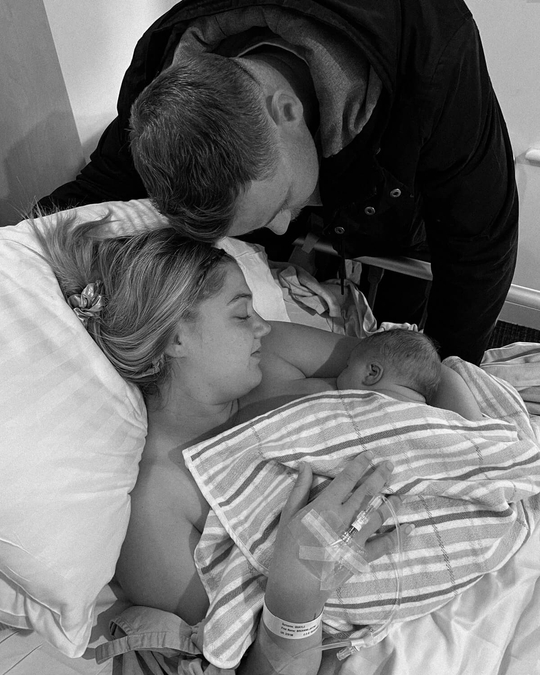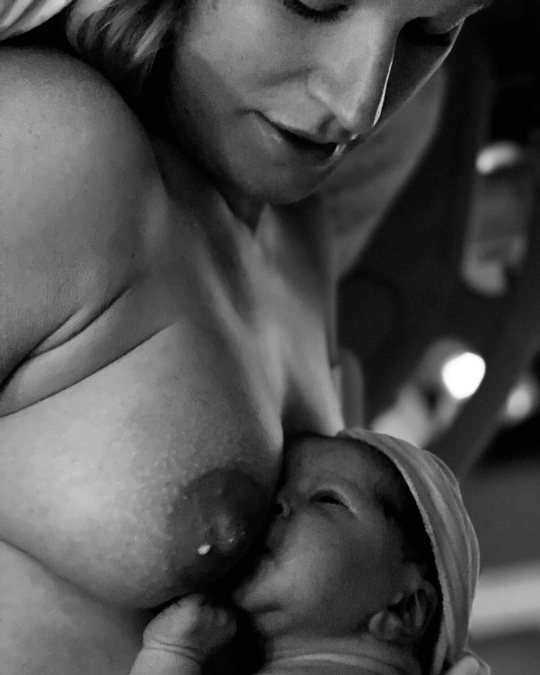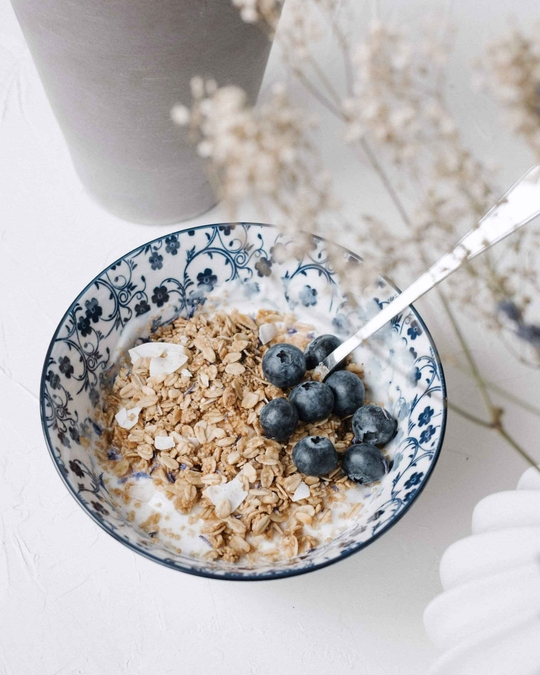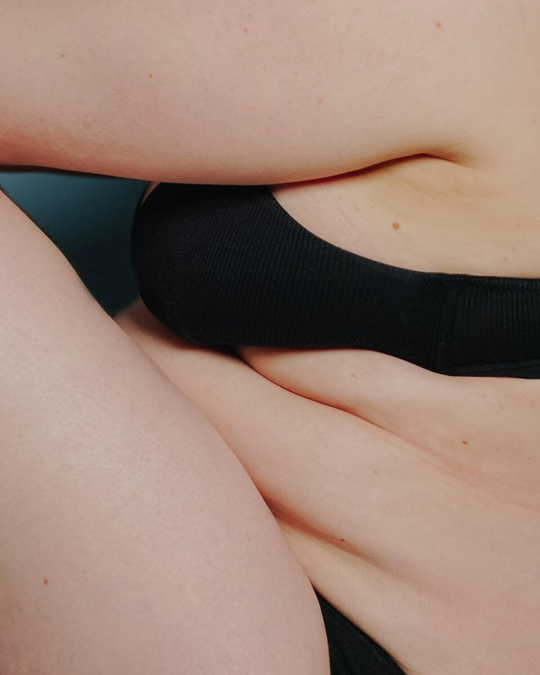As a new mother, your diet plays a crucial role not only in restoring your own health after childbirth but also in providing the vital nutrients your baby needs for optimal growth and development. Understanding the foods to embrace, those to limit, and the key nutrients to prioritize can help ensure that both you and your baby are thriving. As a Naturopath and Nutritionist, I’ve compiled important dietary tips to help you navigate your breastfeeding journey with confidence.
Hydration: The Key to Milk Production
Proper hydration is critical for maintaining healthy milk production and supporting your overall health. While the average woman should aim for around 2 litres of water per day, breastfeeding mothers need extra fluids. To account for the water lost through milk production, it’s recommended to increase your intake by an additional 700mL per day.Water should be your primary drink, but herbal teas are also a great option to stay hydrated. One of my favourites is Franjos Motherhood Hydration Powder. Not only is it delicious, but it helps balance electrolytes, making it easier for your body to absorb water on a cellular level—so think more hydration, and less frequent trips to the bathroom!
Key Nutrients for Breastfeeding
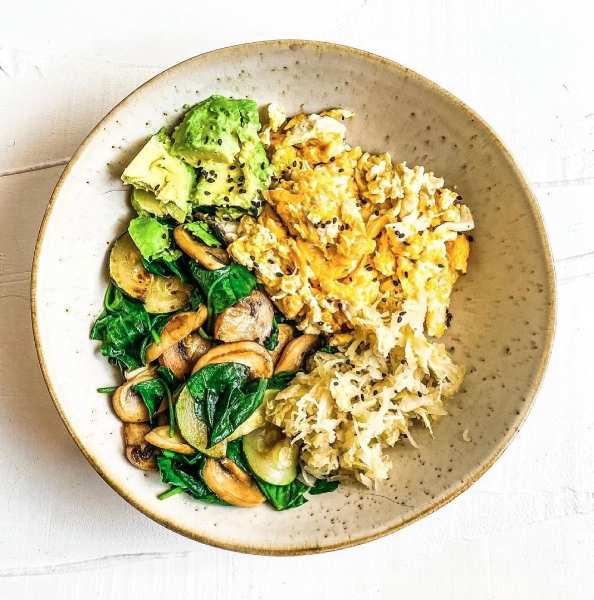
Your baby’s brain development is astonishing, with it being only 25% developed at birth and doubling in size within the first year! This rapid growth requires certain nutrients to support healthy brain development. Among the most important are choline, omega-3 fatty acids, and protein. Here’s how to get these nutrients:
Choline: Choline is essential during breastfeeding, with higher amounts required than even during pregnancy. Within the first 6-7 days postpartum, the amount of choline in breast milk doubles. Studies suggest that higher levels of choline may support better cognitive development in infants. Eggs are one of the best sources of choline—consider them your natural multivitamin!
Food sources: Eggs, liver, fish, red meat, dairy, nuts, seeds, legumes, and cruciferous vegetables like broccoli, cauliflower, and cabbage.
Tip: Include 3 eggs in your daily meals to boost your choline levels. Enjoy them as a snack, in baking, or on toast.
Bonus: Sunflower lecithin is another great source of choline and may even help with clogged ducts.
Protein: Protein is essential for both you and your baby. Not only does it support your baby’s brain development, but it also aids tissue repair, strengthens the immune system, and helps produce breast milk.
How much? Aim for a heaping palm-sized portion of protein three times per day.
Examples:
- Plant-based: 2 tbsp hemp seeds, organic tofu, ½ cup quinoa
- Animal-based: chicken, lamb, red meat, seafood, 2-3 eggs, and tinned fish (limit to 2-3 times per week)
High-protein breakfast idea:
Try quinoa soaked overnight with a scoop of protein powder, 1 tbsp flaxseed meal, hemp seeds, and cinnamon. Add nut milk as the base for a nutrient-packed start to your day.
Omega-3 Fatty Acids: Healthy fats are crucial for your baby’s brain development and will also help keep your energy up during breastfeeding.
Sources:
- ½ an avocado
- 2 tbsp ground flaxseed meal (I love Franjos Biscuits for your Boobs, which are made with flaxseed meal and support breast milk production. It’s a win win!)
- 1 tbsp mixed nuts and seeds (sunflower, pumpkin, walnuts, hemp seeds)
- Cold-pressed extra virgin olive oil, hemp oil
- 1 tbsp olives
- Oily fish (2-3 servings of low-mercury fish like mackerel, salmon, sardines, herring, and tuna with bones for extra calcium)
Calcium: Calcium is essential for bone health, and breastfeeding mothers need to ensure they are consuming enough to avoid depleting their calcium stores. If you don’t get enough calcium from your diet, your body will pull it from your bones and teeth to meet your baby’s needs. How wild is that?!
Food sources:
- 2-3 servings of dairy products or goat’s milk, seeds like poppy, chia, sesame, almonds, beans, lentils, sardines, salmon, leafy greens, rhubarb, amaranth grain, tofu, and figs.
Foods to Support Milk Supply
Certain foods known as galactagogues can help support and boost your breast milk supply. These should be incorporated regularly into your diet:
Galactagogue-rich foods:
- Oatmeal, fenugreek, aniseed, linseed, almonds, chickpeas, alfalfa, kale, spinach, broccoli, ginger, garlic, and brewer’s yeast.
I also recommend keeping Franjos breastfeeding cookies and products on hand—they are packed with galactagogue-rich ingredients and make for a nourishing, satisfying snack.
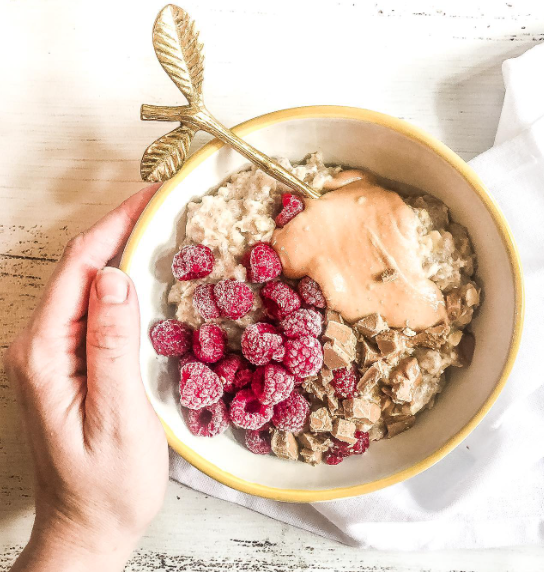
Foods to Limit or Avoid
While there’s not much I suggest breastfeeding mothers should strictly avoid, some babies may develop sensitivities to certain foods. If your baby experiences issues like reflux, colic, or digestive discomfort, it might be necessary to limit specific foods.
Common culprits include dairy, caffeine, spicy foods, garlic, onions, cruciferous vegetables (like broccoli, cauliflower, and cabbage), and legumes. If your baby is showing signs of discomfort, consider limiting these foods, especially in the early weeks when your baby’s gut is still developing.
- Garlic and onion: Opt for infused oils instead of fresh garlic or onion, or reduce the amount you use in cooking.
- Cruciferous vegetables: If these cause issues, try reducing their intake. Vegetables like kale, cauliflower, broccoli, and Brussels sprouts can sometimes contribute to gassiness.
It’s always best to consult with a healthcare professional before making any drastic changes to your diet.
Breastfeeding is a special time in your life, and the foods you eat play a major role in both your well-being and your baby’s development. Focus on a balanced diet filled with protein, healthy fats, whole grains, and plenty of fruits and vegetables to provide additional vitamins and minerals to fuel your body and support your milk production.
Remember, your body is doing an incredible job – so give it the love and care it deserves through nourishing foods and plenty of hydration. If you ever have concerns about your diet or your baby’s health, always reach out to your healthcare provider or a qualified Nutritionist for personalised advice.
And remember, breastfeeding can sometimes bring its own challenges, so don’t be afraid to ask for help and support when you need it! You’re doing an amazing job!















